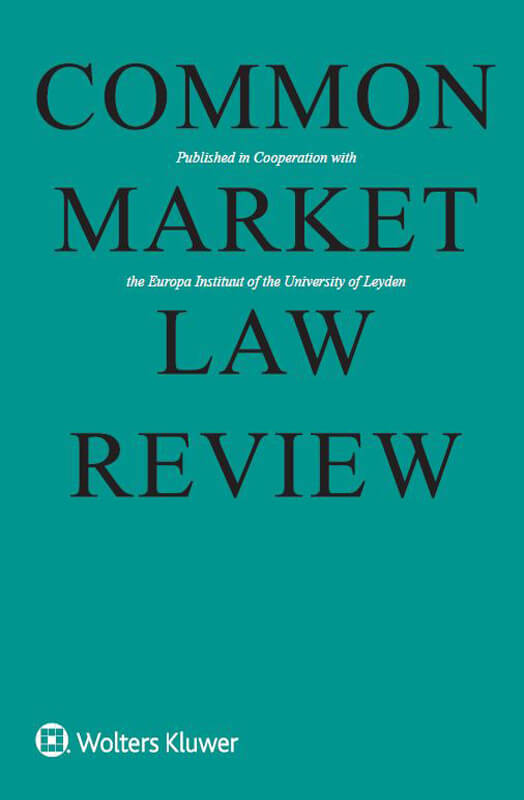Collective Enforcement of Consumer Law: A Framework for Comparative Assessment - European Review of Private Law View Collective Enforcement of Consumer Law: A Framework for Comparative Assessment by - European Review of Private Law Collective Enforcement of Consumer Law: A Framework for Comparative Assessment 16 3
Abstract: This article provides a comparative analysis of collective enforcement of consumer claims in Europe, the US, and Canada. It engages in a comparative institutional analysis and shows the relevance of the institutional framework for assessing the effectiveness of different strategies.
Collective enforcement of consumer claims is attracting the attention of both policy makers and scholars. The Lisbon Council of 2007 has placed collective redress at the core of consumer strategy for the near future.
The implementation of Directive 98/27 on injunctions, the new regulation on consumer protection 2004/2006, proves the existence of different legal cultures concerning consumer protection and the choice of enforcement mechanisms. A new series of law reforms concerning group actions is taking place in different Member States without the impetus of European legislation, in part as a response to scandals in fi nancial and product markets.
These new reforms raise the issue of the effective combination of judicial and administrative enforcement at EU and Member State levels. The article clearly shows that this alternative does not correspond to public–private enforcement, given that judicial enforceability may also be sought by public agencies. It is necessary to rethink the factors upon which to define the combination of administrative and judicial enforcement. The ex ante–ex post division is overly simplistic and does not reflect the current division of labour between courts and agencies. The damages–injunctions combination needs to be tailored to new regulatory functions of remedies in consumer law.
Furthermore, the success of a new strategy depends on providing the right incentives and accountability mechanisms to key institutional players. Consumer associations empowered with enforcement need to become more accountable towards members and the general public. Pecuniary and non–pecuniary incentives need to be provided for plaintiffs’ lawyers. These may not be only market driven, but also public policy oriented, thus affecting the selection of claims to be litigated. The piecemeal process should be rationalized with new policy choices to grant greater consumer protection in a strongly competitive environment.
Résume: Cet article prévoie une analyse comparative sur l’exécution collective du droit de la consommation en Europe, à Canada et aux Etats–Unis. Il s’engage dans une analyse institutionnelle comparative and démontre l’importance du cadre institutionnel pour mesurer l’effectivité des stratégies différentes.
L’exécution collective du droit de la consommation attire l’attention de la politique aussi bien que de la recherche scientifi que. En 2007 le Conseil de Lisbonne a accordé priorité au développement d’une action collective en faveur es consommateurs en Europe.
La transposition de la directive 98/27 sur l’action en cessation, la réglementation 2004/2006 sur la coopération dans l’exécution transfrontalière du droit de la consommation prouve l’existence des différentes cultures juridiques en ce qui concerne la protection du consommateur et le choix des moyens de l’exécution. Une bonne partie des Etats Membres ont adopté des reformes en ce qui concerne l’action collective, souvent en réaction aux scandales dans les marchés financiers et les marchés des produits.
Les nouvelles réformes législatives soulèvent la question sur une combinaison effective de l’exécution judicaire et administrative au niveau de la CE et des Etats Membres European Review of Private Law

